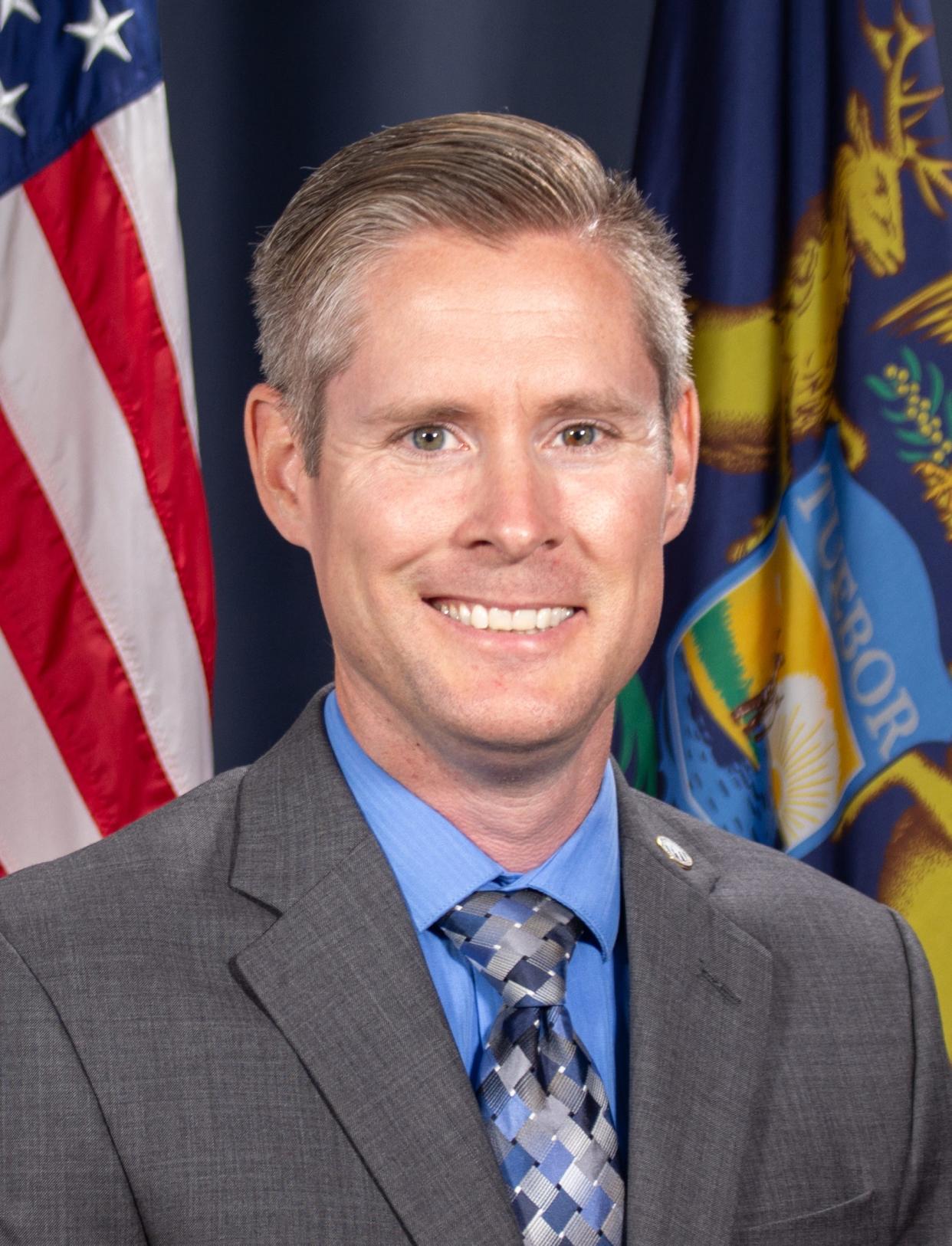Viewpoint: Veterans die by suicide at twice the rate of population. Here's how you can help stem tide
Michigan veterans continue dying by suicide at nearly twice the rate of the general population. We’re asking for everyone’s help to turn this terrible tide.
As we prepare to recognize Veterans Day on Nov. 11 and National Veterans and Military Families Month throughout November, we must acknowledge a hard truth: 1,245 Michigan veterans took their lives from 2014 to 2020, according to the latest available data from the U.S. Department of Veterans Affairs.
In 2020, the suicide rate for Michigan veterans was 31.1 per 100,000 people, nearly double the rate for the state as a whole, which was 17.7. I’d like to say the problem is getting significantly better, but it's not; the veteran suicide rate has hovered around 30 per 100,000 for years.
There are many factors that can lead a veteran to take his or her life, and these factors often intertwine. The effects of combat PTSD may lead to relationship problems or divorce. Trouble adjusting to civilian life may keep a veteran from finding or holding a good job or succeeding in college. Addiction may leave a veteran homeless, and hopeless.
At the Michigan Veterans Affairs Agency (MVAA), we’re focusing everything we do on preventing veteran suicide and that means addressing these challenges proactively. We partner with hundreds of veteran-friendly organizations and businesses to better support Michigan’s 530,000 veterans. We’re working with our Veteran-Friendly Employers to hire and retain veterans, distributing $2 million in state funding to battle veteran homelessness and increasing our outreach to underserved veteran populations through our “I Am a Veteran” campaign.

There are steps you can take to support our veterans, as an individual or an organization. Under the Whitmer administration, the MVAA has established new programs and initiatives to better serve our veterans, but these efforts will only succeed if we all get involved. Here are just a few ways to help:
Hire a veteran. Veterans bring a strong work ethic, leadership skills and a sense of mission to the workplace. Their military experience can be as valuable as a college degree. The MVAA spearheaded a new initiative that waives the bachelor’s degree requirement for many state jobs for veterans who have served at the rank of E6 or above for at least two years. We encourage businesses to follow suit.
Engage a veteran. Through our Michigan Veteran Connector initiative, we encourage hospitals, businesses, schools and other community organizations to ask their patients or customers if they ever served in the military and, if so, refer them to the MVAA at 1-800-MICH-VET to get connected to benefits they earned for their service. Evidence shows the more connected veterans are to services, the lower their risk for suicide or self-harming behaviors.
Connect a veteran. There are many programs and resources to help veterans thrive. MVAA’s Buddy to Buddy program provides mentorship and support from fellow veterans. The state’s Veteran Navigators link veterans to resources to ease issues regarding mental health, substance abuse and other challenges. Through the MVAA’s Find a Veteran Service Officer (VSO) webpage, veterans can locate an accredited VSO to help them file for VA health care and benefits. Frankly, it can be confusing to navigate the many services out there; veterans can call us at 1-800-MICH-VET and we’ll get them to the right ones.
Honor a veteran. Simply thanking a veteran for their service is always appreciated. You can honor their service by volunteering at veterans events and facilities such as the state-run Michigan Veteran Homes. If you’re a Vietnam War veteran or the family of one, the state recently established a Vietnam Veteran Recognition Certificate that’s signed by Gov. Whitmer and Gen. Paul D. Rogers, director of the Michigan Department of Military and Veterans Affairs. Our Vietnam War veterans did not receive a warm welcome home and too many of them have refused to connect to their earned benefits. But it’s never too late; there is no time limit for applying for VA benefits.
Like anyone, our veterans need to feel valued. They want to thrive in the civilian world despite the challenges they face following their service. Let’s work together to get them connected to authentic support networks, good jobs and earned benefits and resources. We can all support our veterans, in ways big and small.
Jonathan Garvey is an Army veteran and the mental health and suicide prevention analyst for the Michigan Veterans Affairs Agency.
This article originally appeared on Lansing State Journal: Michigan veterans die by suicide at higher rate than average population






